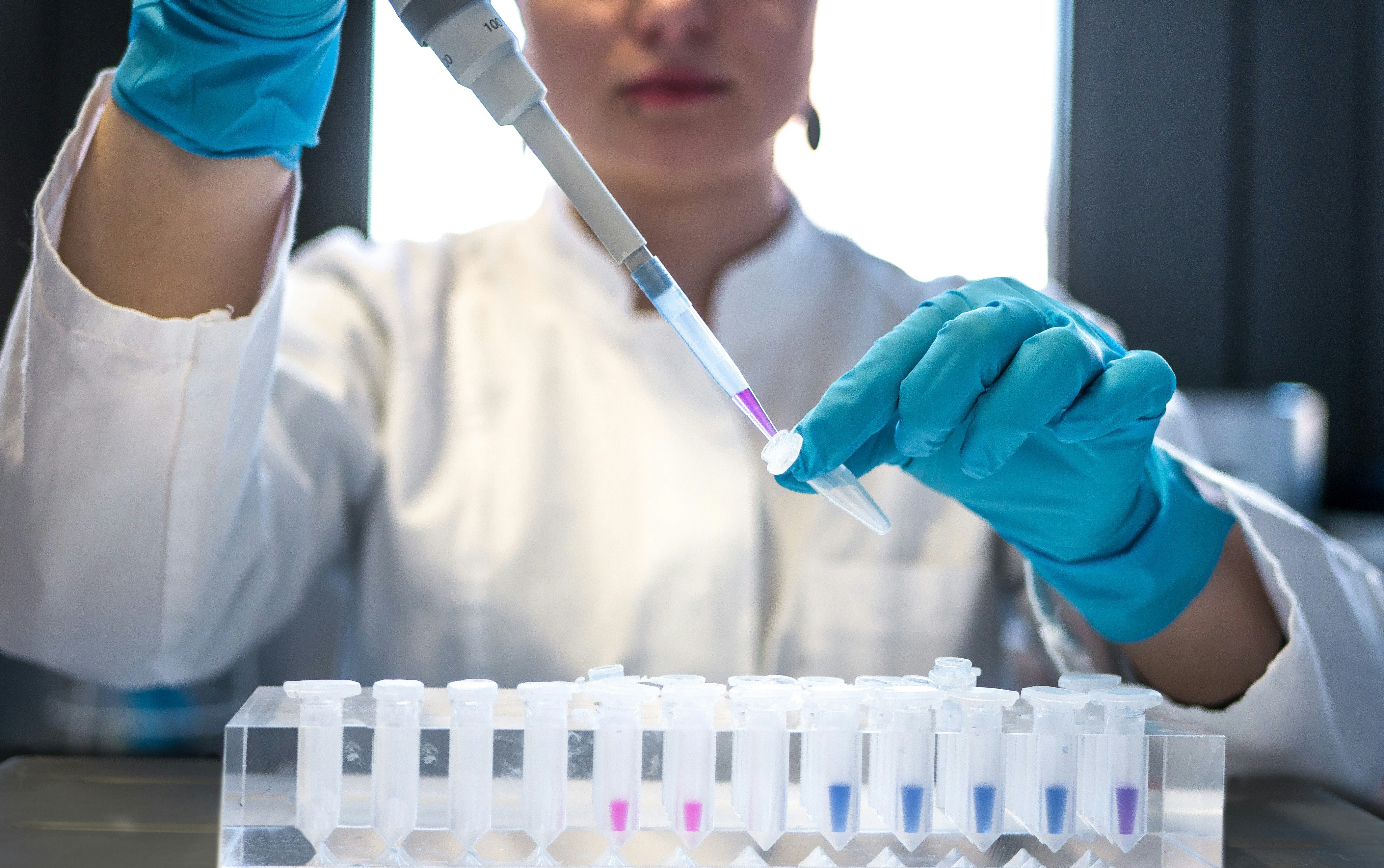This paper explores the well-being of students in an Indigenous University program at a historically disadvantaged South African university, framing its analysis within decolonial debates in Higher Education.
Arévalo, Benavides & Ochoa-Correa, Towards Future Smart Power Systems with High Penetration of Renewables: Emerging Technologies, New Tools, and Case Studies, 2025, Pages 213-237
This chapter aligns with SDGs 7, 11, and 10, by offering a case study on renewable energy and rural electrification in Ecuador, in the context of socioeconomic challenges and climate change, whilst also drawing on other examples from developing countries elsewhere.
The article highlights the potential of AI to support SDGs related to responsible consumption and production (Goal 12), and climate action (Goal 13).
This study examines the impact of tuition-free and compulsory lower secondary education policies in seven sub-Saharan African countries, using a differences-in-differences approach.
The Elsevier Foundation Chemistry for Climate Action Challenge is a collaboration between the Elsevier Foundation, a non-profit focused on inclusive research and health funded by Elsevier and Elsevier's Chemistry journals. The Challenge represents a commitment from Elsevier to uncover practical, scalable solutions to specific issues caused by climate change in global South communities thereby advancing both Climate Action (SDG13) and Gender Equity (SDG5).
Michael Deighton, Chapter One - Introduction, Powering through the Transition, Elsevier, 2025, Pages 1-17.
This chapter supports UN SDGs 7 (Affordable and Clean Energy), 9 (Industry, Innovation, and Infrastructure), 11 (Sustainable Cities and Communities), 13 (Climate Action), and 17 (Partnerships for the Goals) by promoting the transition to renewable energy sources, reducing greenhouse gas emissions, enhancing energy efficiency, fostering technological innovation, and emphasizing collaboration and innovation to drive the development of cleaner and more efficient energy solutions for a sustainable future.

